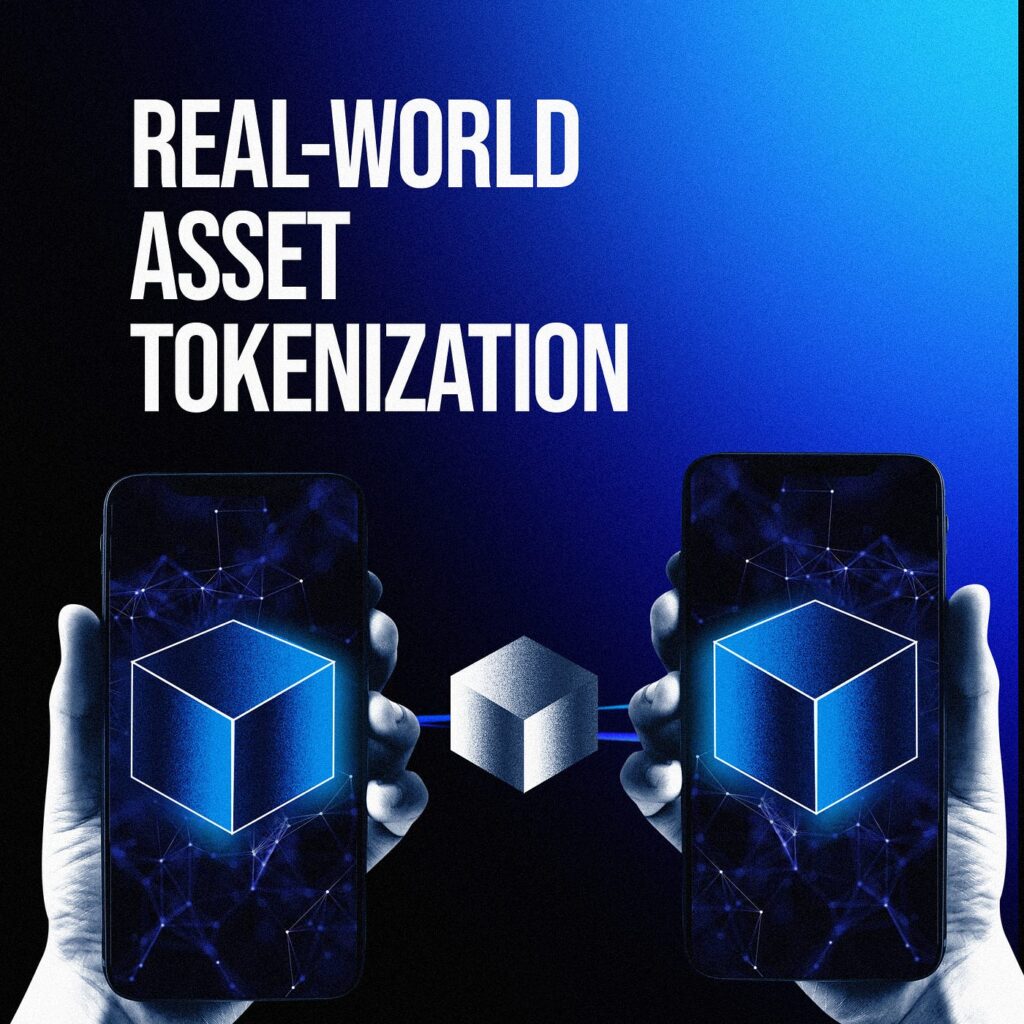Real estate has long been a cornerstone of wealth creation, offering investors stability, income, and appreciation over time. Yet traditional property investment is not without its challenges. High entry costs, slow transaction processes, and limited access for small investors often make real estate a market reserved for the wealthy or institutional players. With the arrival of blockchain technology, however, the landscape is beginning to shift. One of the most significant innovations to emerge from this shift is tokenization, which has the potential to reshape the way people buy, sell, and own property around the world.
Understanding the Concept
At its core, Real Estate Tokenization is the process of converting property ownership rights into digital tokens stored on a blockchain. These tokens represent fractional ownership of a property, making it possible for multiple investors to collectively hold shares in a single asset. Instead of requiring large amounts of capital to purchase a building, individuals can invest in smaller increments, increasing accessibility to real estate markets. Each token can be bought, sold, or traded, much like stocks in a company, but with the added benefits of blockchain transparency and security.
How Blockchain Powers Tokenization
Blockchain technology underpins tokenization by providing a decentralized and immutable ledger. Every transaction recorded on the blockchain is secure, transparent, and tamper-proof. This means ownership records cannot be altered or forged, building trust in the system. Smart contracts, another key feature of blockchain, allow for automated execution of agreements. For example, rental income from a property can be distributed proportionally to token holders through coded instructions, reducing the need for intermediaries. Blockchain also makes international investment easier, as tokens can be traded across borders without the complexities of traditional banking systems.
Benefits of Tokenized Real Estate
The advantages of tokenization are numerous and address long-standing issues within the real estate sector. Liquidity is one of the most significant improvements. Real estate has always been an illiquid asset, with transactions often taking months. Tokenization introduces the possibility of secondary markets where tokens can be bought or sold quickly, creating liquidity for investors.
Fractional ownership is another transformative benefit. High-value assets such as commercial towers or luxury apartments can now be divided into smaller units, opening access to retail investors. This democratization of investment helps diversify portfolios and spreads opportunities beyond wealthy elites. Transparency is equally important. Since blockchain provides a public record of transactions, investors gain clarity into ownership structures, rental yields, and distribution of profits.
Efficiency and reduced costs are also noteworthy. By eliminating multiple layers of intermediaries such as brokers, notaries, and clearinghouses, tokenization reduces transaction costs and shortens settlement times. Investors can participate in global markets seamlessly, removing geographic limitations and fostering cross-border collaboration.
Challenges Facing Tokenization
While promising, tokenization is not without hurdles. Regulatory uncertainty remains one of the most pressing challenges. Financial authorities across the globe are still determining how tokenized assets should be classified and regulated. In many jurisdictions, tokenized property may be considered a security, which brings additional compliance requirements.
Legal enforceability is another challenge. Investors must be assured that their tokens represent legitimate ownership rights recognized by courts and property registries. Without robust legal frameworks, token holders may face difficulties asserting their rights. Technology risks also exist. While blockchain is secure, vulnerabilities in smart contracts or platform security could expose investors to fraud or cyberattacks. Finally, adoption barriers remain. Many traditional investors and institutions are hesitant to embrace tokenized models until the ecosystem proves its resilience and scalability.
Real-World Applications
Despite these challenges, tokenization has already begun to make its mark. Commercial properties are being divided into digital shares, allowing international investors to collectively fund large projects. Residential properties are being tokenized to provide access to smaller investors who want exposure to the housing market without buying an entire home. Art, farmland, and vacation properties are also seeing experiments with tokenization, broadening the scope beyond traditional real estate.
In the commercial sector, tokenization is especially powerful. Large office towers or hotels that would typically require vast amounts of capital are now accessible to a diverse investor base. For developers, tokenization provides a faster and more flexible way to raise funds. For investors, it offers a chance to earn from rental income or appreciation with far lower upfront costs.
The Future of Real Estate Investment
Looking forward, tokenization has the potential to redefine how property markets function. Governments are beginning to explore blockchain-based land registries that could integrate directly with tokenized systems. Financial institutions are experimenting with tokenized funds that blend traditional real estate with digital efficiency. Integration with decentralized finance is another frontier, where tokenized properties could serve as collateral for loans or be traded in innovative financial products.
As regulatory frameworks mature, more trust and confidence will enter the ecosystem, accelerating adoption. The ability to trade fractional shares in real estate globally could make the property market as dynamic and accessible as the stock market today. For small investors, it opens the door to opportunities that were once unattainable. For institutions, it provides new levels of liquidity and efficiency.
Conclusion
The tokenization of real estate marks a paradigm shift in how property is owned, traded, and managed. By leveraging blockchain’s transparency, efficiency, and global reach, tokenization addresses many of the challenges that have long restricted real estate markets. Although obstacles around regulation, legality, and technology remain, the momentum is undeniable. Tokenization is not merely a trend but a structural transformation that promises to democratize access, enhance liquidity, and bring real estate investment into the digital age. For both individuals and institutions, understanding and adapting to this innovation will be key to thriving in the future of property investment.



